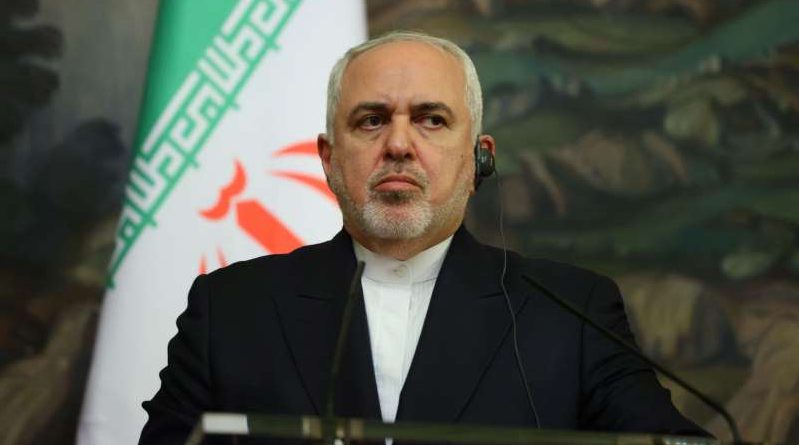Iran sees no arms buying spree as it expects U.N. embargo to end
Dubai (Reuters) – Iran said it was self-reliant in its defense and had no need to go on a weapons buying spree as a United Nations conventional arms embargo was due to expire on Sunday despite strong U.S. opposition.
“Iran’s defense doctrine is premised on strong reliance on its people and indigenous capabilities … Unconventional arms, weapons of mass destruction and a buying spree of conventional arms have no place in Iran’s defense doctrine,” said a Foreign Ministry statement carried by state media.
The 2007 Security Council arms embargo on Iran was due to expire on Sunday, as agreed to under the 2015 nuclear deal among Iran, Russia, China, Germany, Britain, France and the United States that sought to prevent Tehran from developing nuclear weapons in return for economic sanctions relief.
Tensions between Washington and Tehran have soared since U.S. President Donald Trump in 2018 unilaterally withdrew from the deal, however.
In August, the Trump administration triggered a process aimed at restoring all U.N. sanctions, after the U.N. Security Council rejected a U.S. bid to extend the conventional arms embargo on the country.
“Today’s normalization of Iran’s defense cooperation with the world is a win for the cause of multilateralism and peace and security in our region,” Iranian Foreign Minister Mohammad Javad Zarif said on Twitter.
Days after triggering the process, U.S. Secretary of State Mike Pompeo warned Russia and China not to disregard the reimposition of all U.N. sanctions on Iran which Washington has demanded.
When asked whether the United States would target Russia and China with sanctions if they refuse to reimpose the U.N. measures on Iran, Pompeo said: “Absolutely.”
“We have already done that, where we have seen any country violate … the current American sanctions, we’ve held every nation accountable for that. We’ll do the same thing with respect to the broader U.N. Security Council sanctions as well,” he said.
Iran has developed a large domestic arms industry in the face of international sanctions and embargoes that have barred it from importing many weapons.
Western military analysts say Iran often exaggerates its weapons capabilities, although concerns about its long-range ballistic missile program contributed to Washington leaving the Iran nuclear deal.



